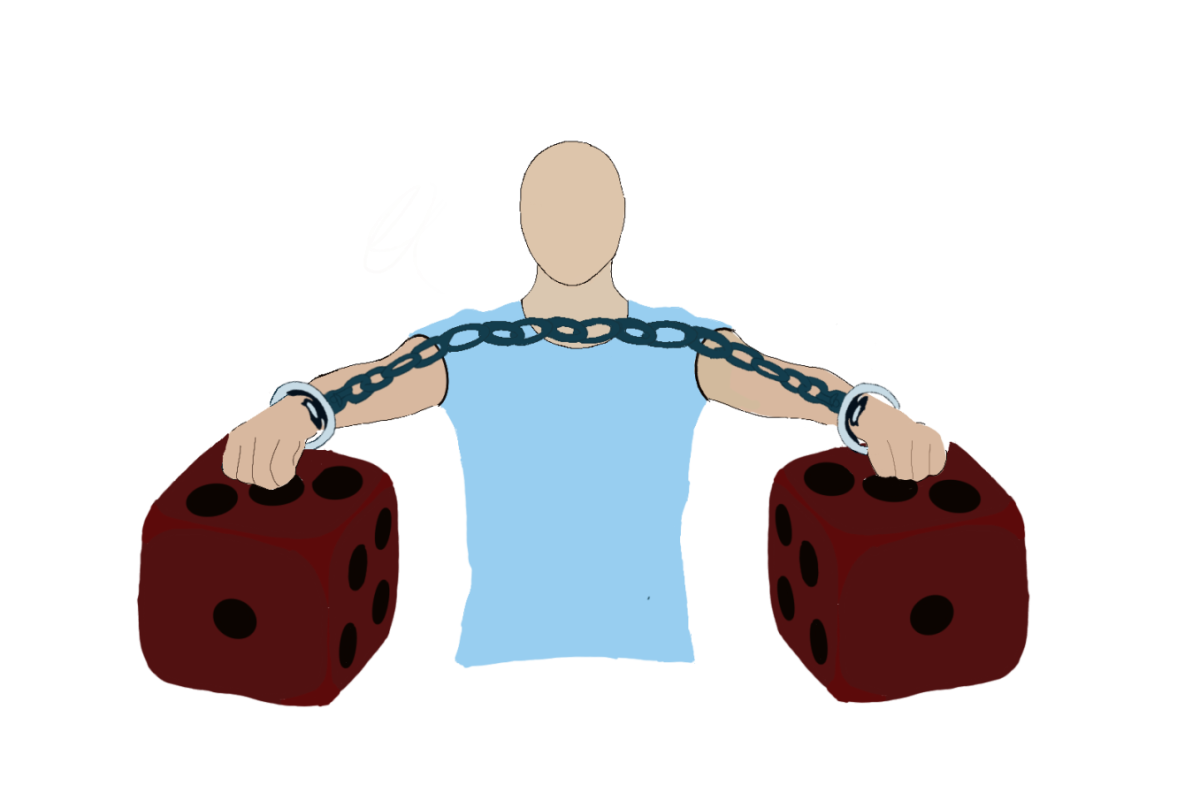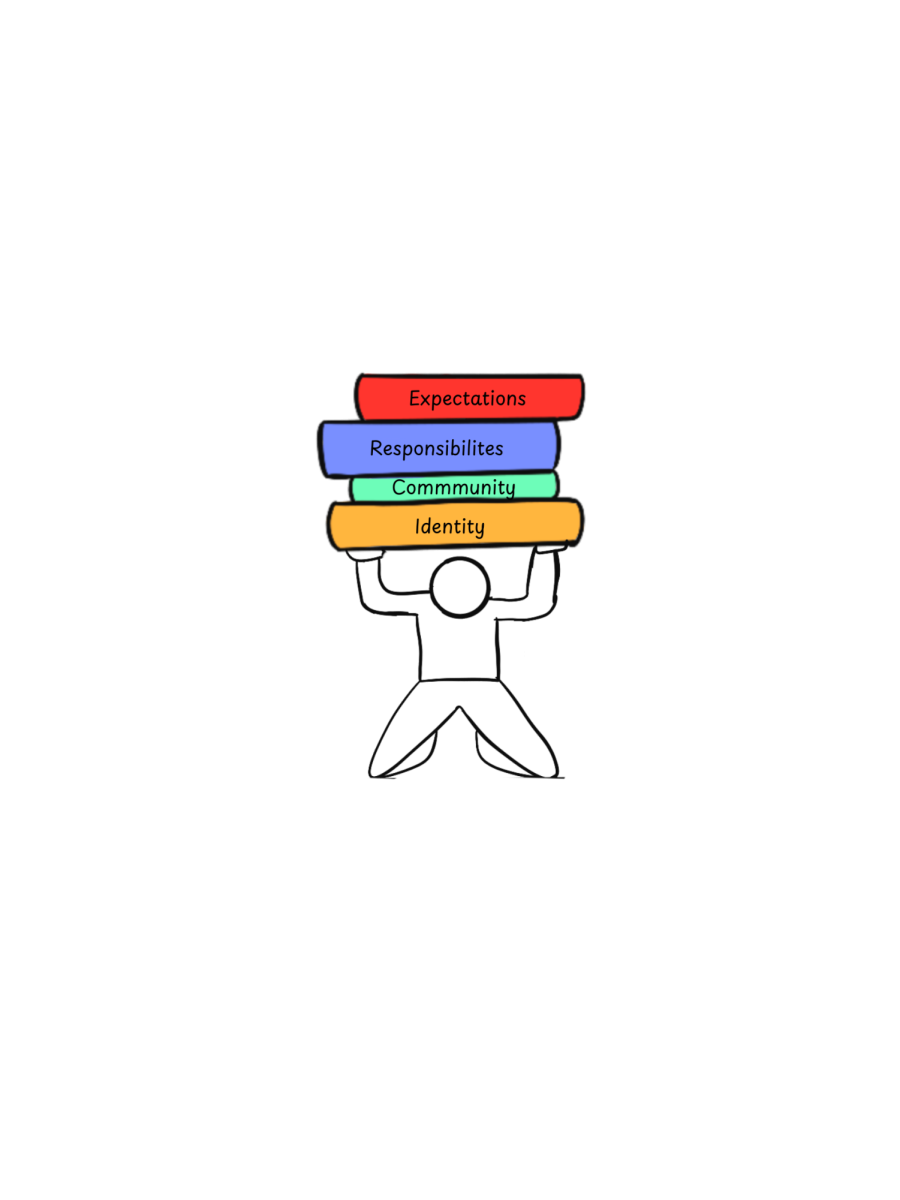Life can feel like an endless race to get ahead. Getting into a good college, getting a good job and having a successful life are often the priorities we set for ourselves. During this race, however, we often forget one thing: leisure.

Taking a break can be beneficial on many different levels. Leisure time helps mental health, increases productivity and lowers blood pressure and heart rate. It also helps with creativity, and people report feeling a greater sense of control over their lives, according to Psychology Today.
In school, leisure is offered through interest clubs such as photography, board games and crocheting. Some of my favorite memories, like photography club’s Sunset Social, are during leisure club meetings where I get to relax and be myself. More students should take the opportunity to reap these benefits for themselves so they do not burn out and fail to perform at their best.
However, many people believe leisure clubs do not benefit college applications. While students flock to STEM clubs like robotics or FBLA, I have seen people skip over interest clubs because they view them as a waste of time.
Because leisure clubs are generally lower-commitment, this is also used as an excuse for not fully committing to the club. This hurts interest clubs’ attendance at meetings and events. The disinterest in leisure also hurts us in the long run, denying us the benefits of building a crucial part of our personality.
Our college admissions process also supports the “only work” ethic. A good example of this is the mental health controversy at Yale University. The school was sued after it was revealed that instead of helping students work through mental health problems, it forced students to quit school and then re-apply through the normal admissions process without preference or guaranteed admission.
The effect of the constant pressure to work is summarized best by Jack Torrence, the main character from Stephen King’s novel “The Shining.” King writes, “All work and no play makes Jack a dull boy.” Jack was so invested in getting inspiration for his novel that he forgot about what he was looking for in the first place: relaxation. In the end, he goes crazy and almost murders his family. While this is an extreme example, Jack’s madness can be seen at smaller levels in everyday life when people don’t give themselves enough downtime.
There is a simple answer to this problem: have some fun. Invest time in an interest club that you might think is silly. Go to their meetings even if it means losing a little bit of study time. The benefits are innumerable, from physical health to productivity.
Leisure is not a waste of time, so we should stop treating it that way.















